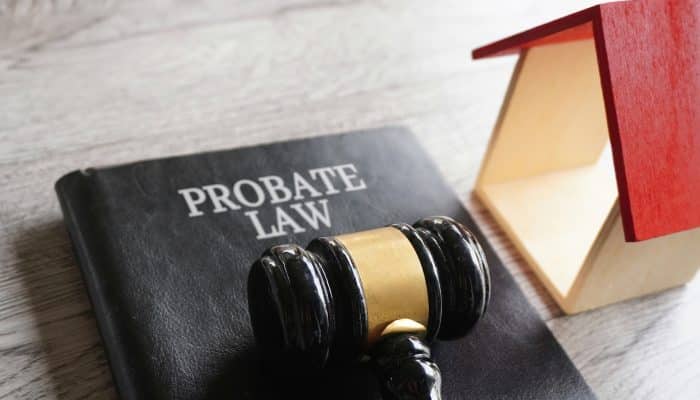In Florida, probate law includes specific statutes of limitations that bar certain claims against a decedent’s estate after designated time periods. These statutes aim to provide certainty and closure to the administration of estates. Understanding these timeframes is crucial for Personal Representatives, beneficiaries, heirs, and creditors.
Key Statutory Timeframes
-
General Creditor Claims:
Florida Statute § 733.702 outlines the timeframe for creditors to file claims against an estate. Creditors must file claims within:
- 3 Months: After the date of the first publication of the “Notice to Creditors” in the probate case.
- 30 Days: If the creditor is directly served with the “Notice to Creditors.”
Exception: The court may allow late filing if the creditor can prove lack of knowledge of the probate proceeding and if the time to file has not exceeded the statute of repose.
-
Statute of Repose for Creditor Claims:
Florida Statute § 733.710 provides an absolute bar to claims two (2) years after the decedent’s date of death, regardless of notice.
- No Exceptions: This statute of repose is strict and applies even if the creditor had no knowledge of the death or probate proceedings.
-
Will Contest or Challenge:
Florida Statute § 733.212(3) requires that any interested party contesting the validity of the Last Will must file their claim within:
- 3 Months: From the date of receiving the “Notice of Administration.”
Exceptions for fraud, misrepresentation, or other equitable grounds may extend the period, but these are rare.
-
Breach of Fiduciary Duty Claims:
Claims against a Personal Representative for breach of fiduciary duty generally follow the statute of limitations under Florida Statutes § 95.11. The period may vary depending on the nature of the breach (e.g., fraud, negligence).
-
Homestead Determinations:
A petition to determine homestead status of a property must be filed as part of the probate proceeding but is not barred by creditor claim deadlines since homestead status protects the property from most creditor claims.
Special Considerations
- Notice Requirements: Proper notice is critical in triggering the timeframes for claims. If a Personal Representative fails to serve required notices, claimants may have grounds to challenge the timing.
- Known vs. Unknown Creditors: The three-month deadline applies to unknown creditors after publication, while known creditors must be directly notified to trigger their 30-day deadline.
- Fraudulent Claims: Claims that are fraudulent or based on misrepresentation are barred under the applicable statutes but may be challenged under separate legal actions.
Conclusion
Florida’s probate statutes of limitations are designed to balance the rights of creditors with the need for timely estate administration. Personal Representatives should work diligently to notify creditors, and creditors must act promptly to preserve their claims.
If a Florida resident is involved in a Florida probate matter and needs guidance on meeting or enforcing these deadlines, consulting with a qualified probate attorney is strongly recommended.
The foregoing is a brief and very general overview of the topic and the need for specific and experienced legal and tax advice is emphasized.
If you have any additional Questions regarding the foregoing or have any legal issue or concern, please contact the law firm of CASERTA & SPIRITI in Miami Lakes, Florida.

